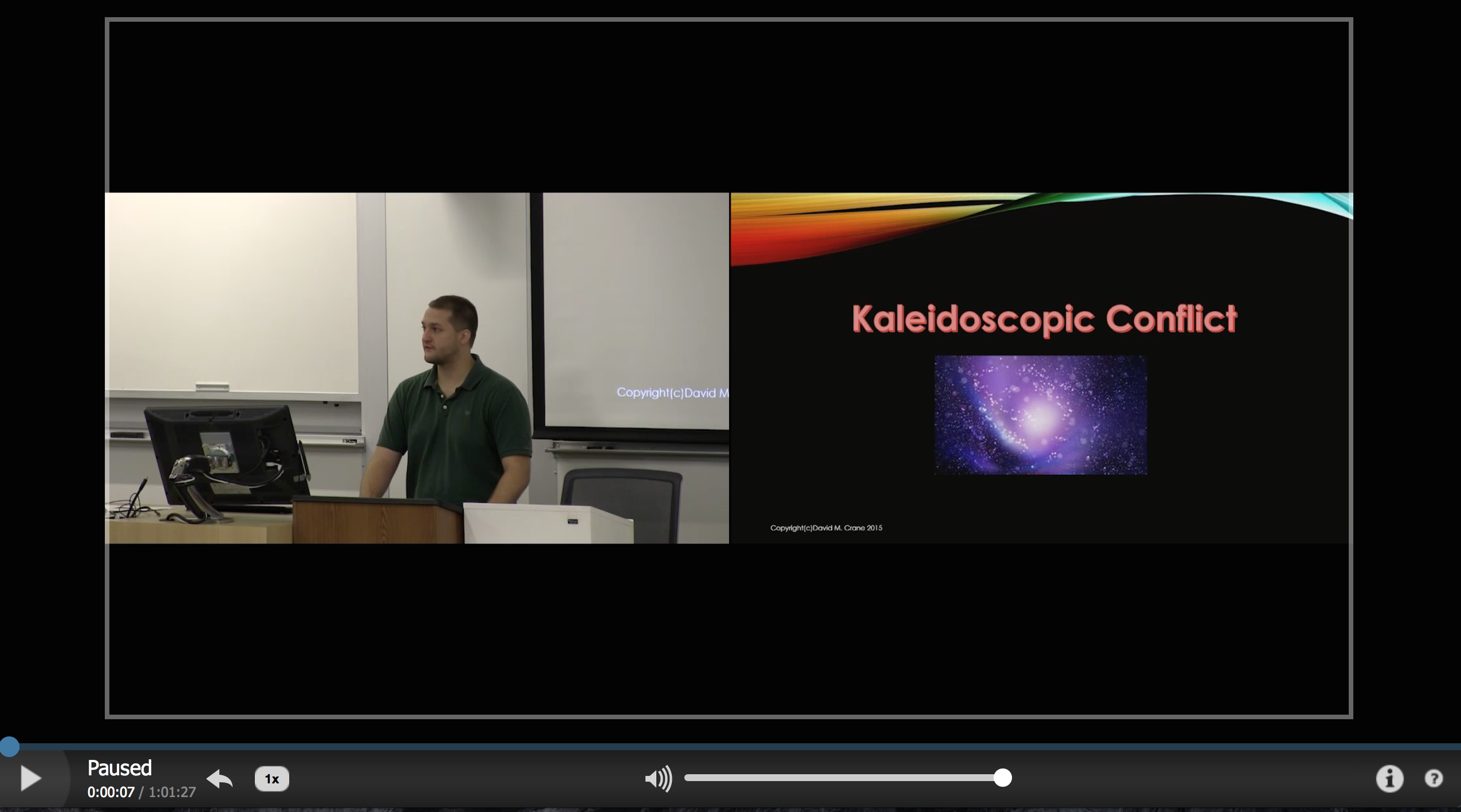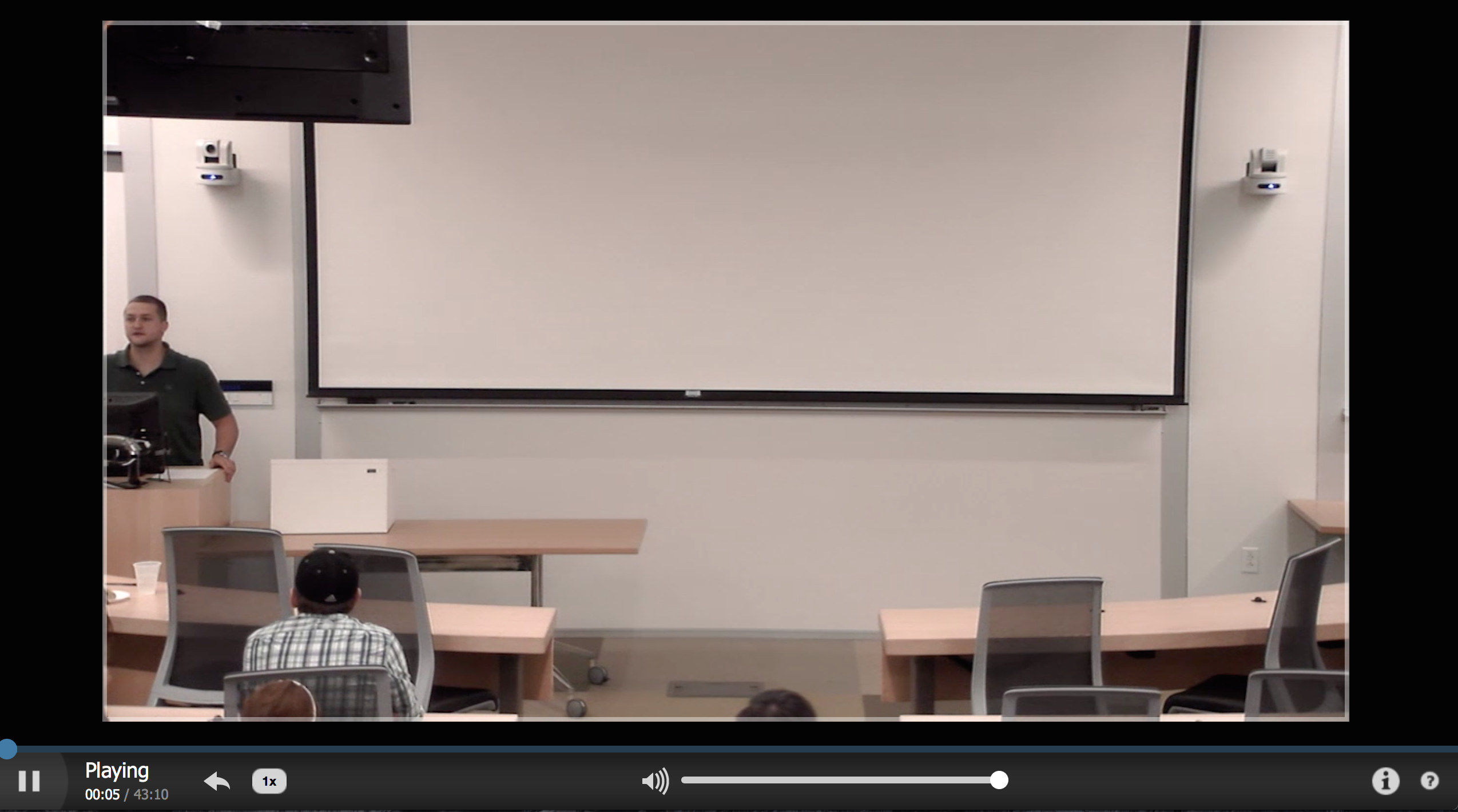By Christine Khamis
Impunity Watch Reporter, Asia
PYONGYANG, North Korea –
Nine North Korean refugees are believed to be detained in a Chinese military base, awaiting potential deportation to North Korea. Among the refugees are an 11-month-old baby and a teenager. The refugees were detained by police in Vietnam on October 22, according to their relatives. After their bus was stopped for a random check, they were detained for two days before being handed over to Chinese authorities.
The United Nations High Commissioner for Human rights expressed concerns on Friday that the refugees had already been sent back to North Korea. Human Rights Watch believes, however, that the refugees are being held in Tumen, a Chinese town near the North Korean border. Tumen is the last stopping point for many North Korean refugees who are being returned to North Korea. Human Rights Watch is concerned that the refugees could be forcibly deported to North Korea at any time.

Human Rights Watch has urged President Park Geun-hye of South Korea to pressure China to free the refugees and to allow them to seek asylum in a country of their choice. President Park’s office has stated that her government is working to secure the freedom of the refugees and to ensure that China will not forcibly deport the refugees back to North Korea.
Phil Robertson, the Asia deputy director for Human Rights Watch, has stated that if the refugees are handed back over to North Korean officials, they will likely vanish into North Korea’s prison camp system, which is “characterized by torture, violence, and severe deprivation.” Many North Koreans who have been able escape North Korea have stated that refugees sent back from China are subjected to torture and imprisonment in labor camps.
North Korea treats refugees as traitors and therefore subjects repatriated refugees to detention, torture and sexual violence, according to the U.N. Under a 2010 law, those who leave North Korea without permission are deemed guilty of “treachery” against the country, which is punishable by death.
China has often not recognized the refugee status of such North Koreans and instead has tended to treat them as illegal economic migrants. Consequently, China has deported many refugees back to North Korea. The act of forcibly sending refugees back to a country where they face potential persecution is known as “refoulment” and is banned under international treaties such as the 1951 Refugee Convention and its 1967 protocol. As a party to those international treaties, China is not allowed return refugees to a place where their life or freedom would be threatened.
The U.N. Committee Against Torture recently expressed concerns about China’s practice of deporting North Korean refugees. Xu Hong, an official in China’s foreign ministry, told the U.N. that some illegal migrants from North Korea entering China for economic reasons do not meet the Refugee Convention’s conditions pertaining to the status of refugees and that some of them were criminals who had abused the principle of asylum.
Over 28,000 North Koreans have resettled in South Korea since the end of the Korean War in 1953, according to South Korea’s Unification Ministry. Most of the refugees have fled into China first, then have crossed into countries that have entry points into South Korea, such as Thailand and Vietnam.
For more information, please see:
The Guardian – Fears for North Korean Refugees Who May ‘Face Death” if Returned by China – 25 November 2015
Human Rights Watch – South Korea: Act to Save North Korea Refugees – 24 November 2015
The New York Times – South Korea Says It’s Working to Halt Refugees’ Return to North – 25 November 2015
Reuters – U.N. Asks Vietnam and China to Clarify Fate of North Koreans – 20 November 2015

